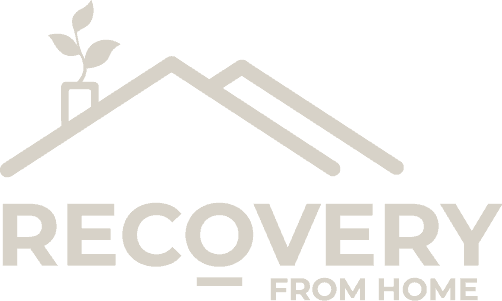- Dialectical Behavior Therapy (DBT)
What It Is
DBT is a specialized form of CBT that blends cognitive techniques with mindfulness and emotional regulation strategies. Originally developed for borderline personality disorder, it’s now widely used for substance abuse and other conditions involving intense emotions. The “dialectical” part refers to balancing acceptance (of oneself) with change (of harmful behaviors).
How It Works
- Core Process: Combines four key skills:
- Mindfulness: Staying present and aware without judgment.
- Distress Tolerance: Coping with crises or urges without substances.
- Emotion Regulation: Managing intense feelings like anger or shame.
- Interpersonal Effectiveness: Communicating needs and setting boundaries.
- Techniques: Group skills training, one-on-one coaching, worksheets, and mindfulness exercises (e.g., deep breathing).
- Duration: Often longer-term, with ongoing support as needed.
Why It’s Used in Substance Abuse
- Helps those who use substances to numb overwhelming emotions, offering tools to tolerate discomfort instead.
- Reduces impulsivity (e.g., using drugs in a moment of distress) through structured skills.
- Addresses co-occurring mental health issues, like self-harm or emotional instability, common in addiction.
Example
Someone craving alcohol during a fight might use DBT’s “distress tolerance” to ride out the urge—breathing deeply and accepting the emotion without acting on it—rather than drinking.
Key Differences
- Focus: CBT targets thought patterns to change behavior; DBT emphasizes emotional regulation and acceptance alongside behavior change.
- Structure: CBT is more linear and problem-solving-focused; DBT adds group work and a broader skill set.
- Best For: CBT suits those needing practical relapse prevention; DBT excels for those with intense emotions or dual diagnoses.
Are You Struggling with addiction?
Recognising that you need help is the first step towards recovery. Professional treatment tailored to individual needs can help break the cycle of addiction, restore balance, and rebuild a healthy relationship with oneself and others.











Leave A Comment